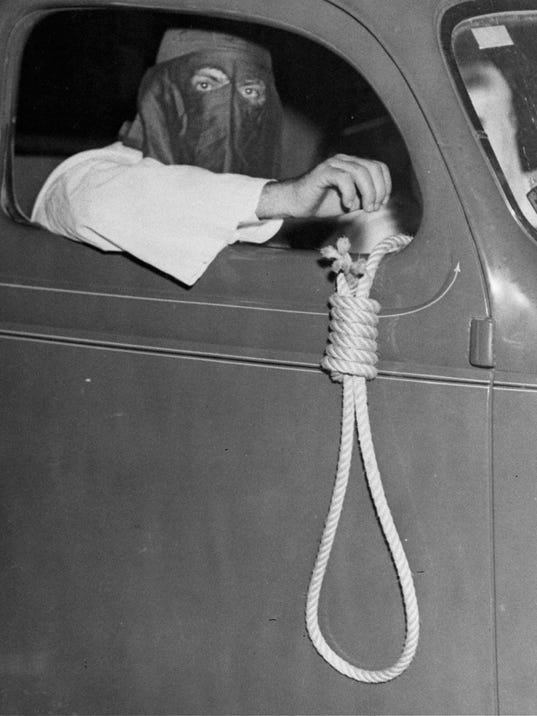Tragic incidents that shake the world often serve as a stark reminder of the fragility of human life and the importance of justice systems. Such was the case when news broke about a British man who met a horrifying fate in Ecuador. The incident has sparked widespread outrage and raised questions about mob violence, law enforcement, and international diplomacy. As details emerged, the story painted a grim picture of what unfolded in this South American country.
The tragic event involving a British national in Ecuador quickly captured global attention. Reports suggested that the man was dragged out of a police station by an angry mob before being lynched and burned alive. While initial accounts were harrowing, further investigation revealed more layers to the story, including the role of local authorities and the identity of the victim. This article delves into the events surrounding the tragedy, examining the circumstances and the aftermath.
Understanding the Mob's Actions: A Closer Look
The incident began when a British man was arrested in Ecuador under undisclosed charges. According to reports, locals became increasingly agitated about the arrest, leading to a volatile situation outside the police station. The tension escalated rapidly, culminating in a shocking act of violence where the mob stormed the premises. Despite the efforts of law enforcement, the man was forcibly removed from custody.
Once outside, the crowd’s anger turned violent, with members of the mob taking matters into their own hands. Witnesses described a chaotic scene as the individual was subjected to brutal treatment. The tragic outcome highlighted the dangers of mob justice, where emotions can override rational judgment, resulting in irreversible consequences.
Local media named the victim as Rodrigo Chavez, though his nationality remains a point of contention. The incident has prompted calls for stricter measures against mob violence and better protection for individuals in custody. Authorities are now tasked with ensuring such tragedies do not recur, while also addressing community concerns that may have fueled the unrest.
Investigating the Role of Police: What Went Wrong?
In the wake of the tragedy, questions arose regarding the actions—or inactions—of the police during the incident. Reports indicated that officers at the station attempted to protect the detained man but were overwhelmed by the sheer number of people involved. Despite their claims of doing everything possible, critics argue that more could have been done to prevent the situation from spiraling out of control.
Law enforcement officials emphasized the challenges they faced in maintaining order amidst an aggressive mob. They pointed out that limited resources and personnel made it difficult to contain the crowd effectively. However, these explanations have not fully satisfied those demanding accountability for the failure to safeguard the individual’s life.
As investigations continue, authorities are reviewing protocols for handling high-risk situations involving public gatherings. The goal is to identify areas for improvement and implement strategies to enhance security measures in similar scenarios moving forward. International observers are closely monitoring developments, urging transparency in the process.
International Response and Diplomatic Implications
The death of the British man in Ecuador drew immediate attention from diplomatic circles, particularly the UK Foreign Office. Officials confirmed their involvement in investigating the matter, seeking clarity on the circumstances surrounding the incident. The case has reignited discussions about the responsibilities of host nations in protecting foreign nationals within their borders.
Meanwhile, social media platforms like X (formerly Twitter) saw users reacting to the news, with prominent figures such as Trevor Warner weighing in on the issue. Public sentiment ranged from outrage over the brutality of the act to sympathy for the victim’s family. These reactions underscored the profound impact of such incidents on both personal and societal levels.
As diplomatic channels work to resolve the matter, there is hope that lessons learned from this tragedy will lead to meaningful changes. By fostering greater cooperation between governments and communities, future occurrences of mob violence might be mitigated, ensuring safer environments for all individuals regardless of nationality.

